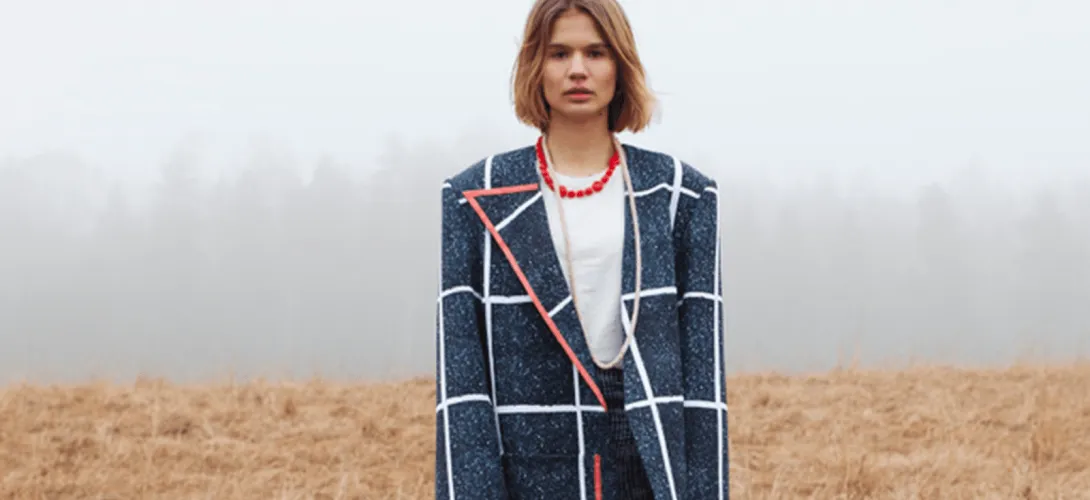Why Fashion forecasting is a exciting career choice
Fashion forecasting is the process of predicting upcoming fashion trends and styles based on consumer behavior, cultural trends, and other factors. A career in fashion forecasting can be exciting and lucrative, as it involves analyzing data, predicting trends, and guiding fashion brands in their product development and marketing strategies.
To become a fashion forecaster, you need to have a strong understanding of the fashion industry and its trends. You should also have a keen eye for design and be able to spot emerging trends before they become mainstream. Additionally, a background in marketing or data analysis can be helpful in this field.
One way to get started in fashion forecasting is to intern with a fashion brand or a trend forecasting agency. This can provide you with valuable experience and allow you to build a network of contacts in the industry. Many fashion companies also offer entry-level positions in trend analysis or product development, which can be a good way to get your foot in the door.
Another option is to pursue a degree in fashion design, fashion merchandising, or fashion marketing. These programs can provide you with the skills and knowledge needed to succeed in the fashion industry, including trend analysis, consumer behavior, and product development.
As a fashion forecaster, your job will involve analyzing data and trends to identify emerging styles and consumer preferences. This may involve researching fashion blogs, attending fashion shows and trade shows, and conducting surveys and focus groups with consumers. You will then need to use this information to develop forecasts and trend reports, which can be used by fashion brands to guide their product development and marketing strategies.
Fashion forecasting can be a highly competitive field, as many fashion enthusiasts aspire to work in this industry. However, with dedication, hard work, and a keen eye for fashion, you can build a successful career as a fashion forecaster. Whether you choose to work for a fashion brand or start your own trend forecasting agency, this field offers a wealth of opportunities for creative and analytical professionals who are passionate about fashion and design.
Once you have gained experience and developed a strong network in the industry, you may also have the opportunity to work as a consultant or freelancer, offering your expertise and insights to a variety of fashion brands.
Skill Required
A career in fashion forecasting requires a combination of creative and analytical skills, as well as a strong understanding of consumer behavior and cultural trends. You will need to be able to think outside the box and anticipate emerging trends, while also being able to analyze data and communicate your insights to others.
One of the biggest advantages of a career in fashion forecasting is the opportunity to shape the future of the fashion industry. By identifying emerging trends and influencing consumer preferences, you can play a key role in shaping the styles and designs that will be popular in the years to come.
In terms of salary, fashion forecasting can be a highly lucrative field. According to PayScale, the average salary for a fashion forecaster in the United States is around $63,000 per year, with some professionals earning six-figure salaries.
In addition, it's worth noting that technology has revolutionized the field of fashion forecasting in recent years. With the rise of social media and big data analytics, there are now more tools than ever before to analyze consumer behavior and identify emerging trends.
As a result, many fashion forecasters are now using a combination of traditional research methods and cutting-edge technologies to stay ahead of the curve. This may involve using social media monitoring tools to track influencer trends, or using machine learning algorithms to analyze vast amounts of data and identify patterns and correlations.
As the field of fashion forecasting continues to evolve, it is likely that we will see even more exciting developments and innovations in the years to come. For those with a passion for fashion and an eye for trends, this is a field that offers endless possibilities for growth and exploration.
For Example-
Let's say a fashion forecaster is trying to identify emerging trends for the upcoming season. Traditionally, they may have relied on attending fashion shows and trade events, as well as conducting surveys and focus groups with consumers.
However, with the rise of social media and big data analytics, there are now more tools than ever before to analyze consumer behavior and identify emerging trends. The fashion forecaster may use social media monitoring tools to track what influencers and celebrities are wearing and how their followers are responding to their outfits.
They may also use machine learning algorithms to analyze vast amounts of data from social media and online shopping platforms, in order to identify patterns and correlations that may indicate emerging trends. For example, they may identify a spike in searches for a particular type of garment or a surge in sales for a specific color or pattern.
By combining these traditional research methods with cutting-edge technologies, the fashion forecaster can gain a more comprehensive and nuanced understanding of emerging trends and consumer preferences. This can help them make more accurate and informed forecasts, and provide valuable insights to fashion brands and retailers as they develop their products and marketing strategies.
Overall, a career in fashion forecasting can be a highly rewarding and fulfilling path for those with a passion for fashion and an interest in data analysis and trend forecasting. Whether you are just starting out or looking to take your career to the next level, there are plenty of opportunities to explore this dynamic and exciting field. So why not start exploring your options today, and see where a career in fashion forecasting could take you?

